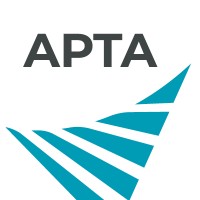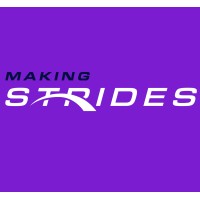
American Physical Therapy Association (APTA)
The American Physical Therapy Association is a national professional organization, representing more than 100,000 members, that seeks advancements in physical therapy practice, research, and education. Our mission is to build a community that advances the profession of physical therapy to improve the health of society. Do you want to contribute to an organization dedicated to improving societal health? Would you like to collaborate with colleagues who are passionate about making a difference? Are you excited to work in a new state-of-the-art building designed to encourage movement, participation, and employee health? Then you want to work for APTA! Learn more about our workplace: https://www.apta.org/apta-and-you/jobs-at-apta Explore current APTA Job Openings: https://www.paycomonline.net/v4/ats/web.php/jobs?clientkey=AE401539AD101CD1A03A71FD6EF5FCE1&jpt=89bb75e97d8cbe7615a35ee37e12f4ef






